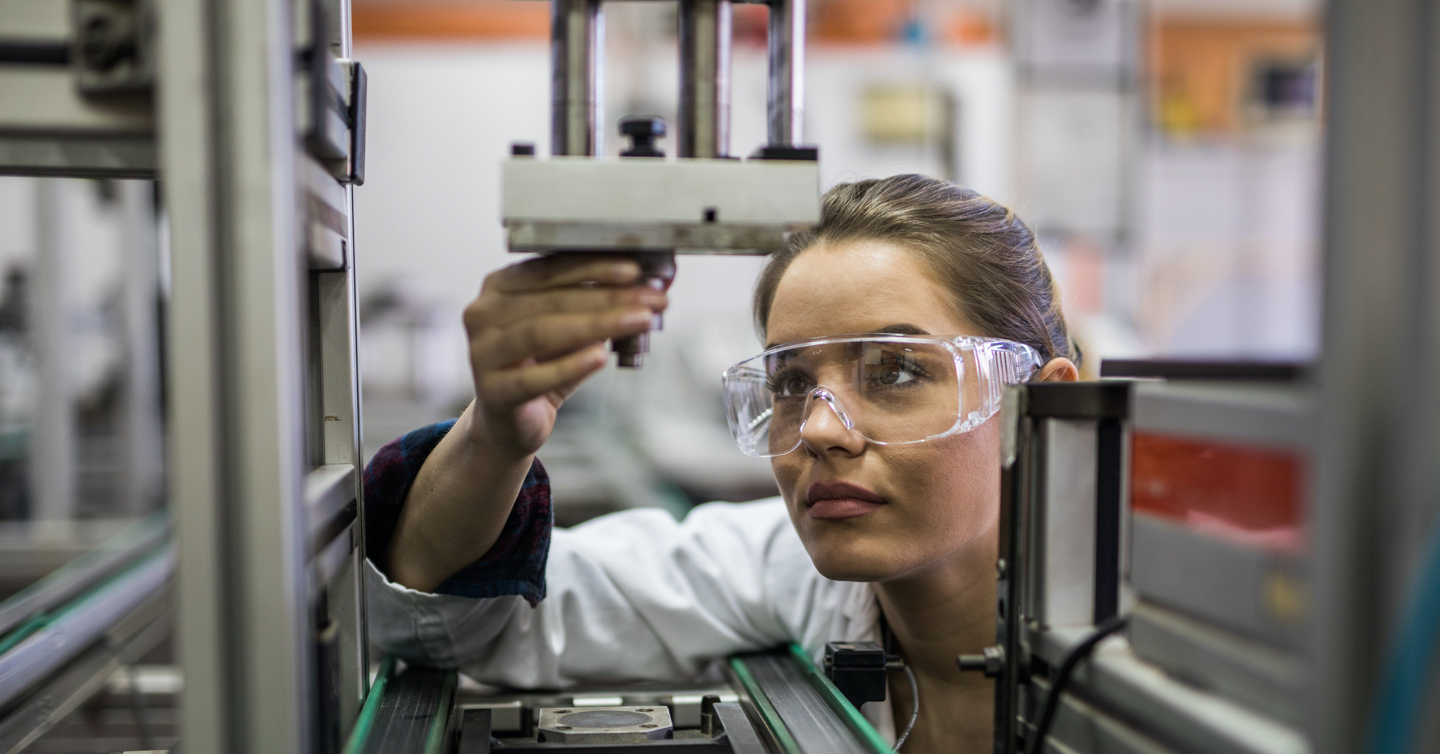Jiayi Wang
Improving the prediction of spalling development.
Email: w.jiayi@ncl.ac.uk
Supervisors
- Dr Colin Davie
- Dr Enrico Masoero
Project description
Spalling can be explosive or non-explosive. It is one of the most common forms of damage to concrete. It occurs when the surface of the concrete is subject to rapidly rising extreme temperatures.
We are unable to predict spalling development accurately, even using advanced techniques. This is the case for both empirical and theoretical methods. It is due to the complexity of hydro-thermal-mechanical behaviours within concrete. This is especially true when the concrete is exposed to elevated temperatures.
Our research will provide a better understanding of the influence of microstructural processes on concrete which is unprotected from high temperatures.
Previous research has investigated variables and materials properties, such as:
- pore and capillary pressures
- porosity
- permeability
We can describe these as a function with temperature. The pore size distribution has an influence on most of the variables and material properties. Evaluating pore structure could make a great contribution to modelling the concrete’s microstructure. Most of the changes within the microstructure of concrete could be described and connected simply.
We still don’t have a clear understanding of the potential reasons for phenomena induced by elevated temperatures. We need to:
- determine the interdependent relationships clearly and precisely
- establish the approaches of determining the interdependent relationships at microscopic level
- develop methods of modelling these microstructural behaviours
This implies that we could improve the existing fully coupled hydro-thermo-mechanical model to capture expected results.
Publications
- Wang J, Davie CT, Masoero E. RILEM TC 256 - Numerical Benchmark of experiments on heated concrete. In: The 5th International Workshop on Concrete Spalling due to Fire Exposure. 2019, Borås, Sweden
- Wang J, Davie CT, Masoero E. The Effect of Micro-structural Mechanisms on the Macro-level Behaviour of Cementitious Materials at Elevated Temperatures. In: The 6th International Workshop on Concrete Spalling due to Fire Exposure. 2019, Sheffield, UK: University of Sheffield, Department Of Civil & Structural Engineering
Qualifications
- BEng in Civil and Structural Engineering (China)
- MSc in Structural Engineering (Newcastle University)
